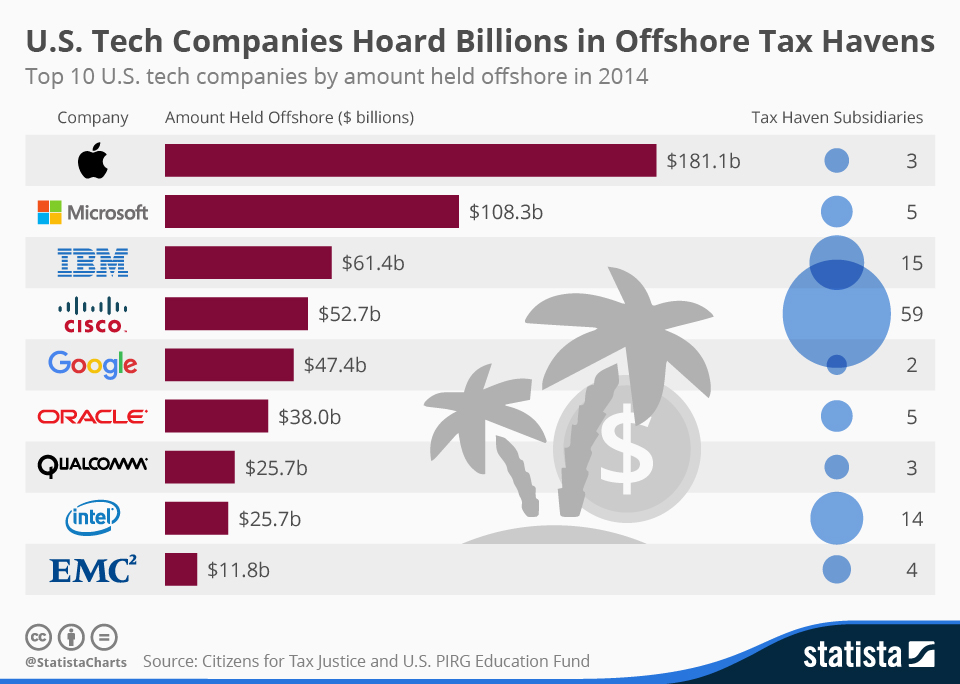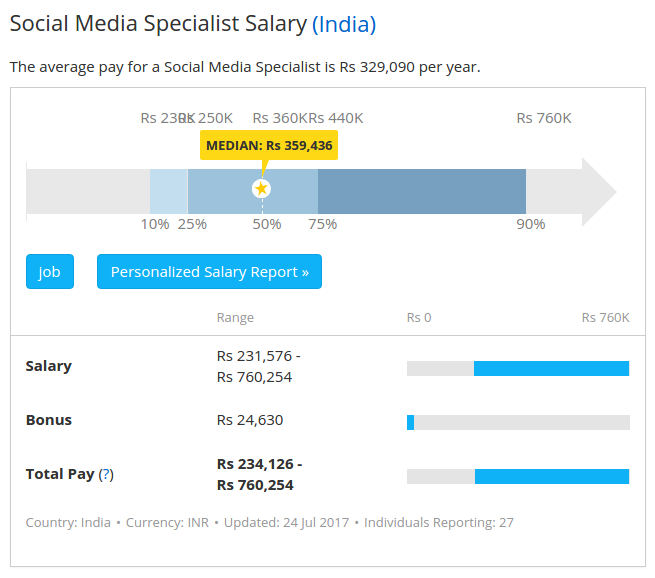
Water quality science is a rewarding and exciting career that offers many opportunities. A degree in water quality science is important, but there are many paths to entry that are less technical. Water quality specialists can work for national, local and international organizations. Those with considerable experience may move into a consultancy role.
Qualifications
Water quality scientists study both the environmental effects and impacts of pollutants in rivers, lakes, and streams. Some are concerned with ecosystems, while others focus on human-made systems (e.g. wastewater treatment facilities and drinking waters). Water quality specialists can be employed to protect the environment and ensure safety of such systems. Others focus on the coast.
Water science degrees are a great way to get into this field. There are many universities that offer postgraduate courses in this area. Some universities offer apprenticeships that combine part time study and paid work.

Work environment
Water quality scientists' main responsibility is to preserve water supply quality. This is done using testing, analysis, and regulation. They are usually experts in drinking water, groundwater or surface water. They might also earn a specific type of compensation depending on their job. Salary for water quality analysts varies depending on education, experience and responsibilities.
A water quality scientist will analyse samples and test them according to scientific standards, and provide solutions to help improve the quality of water. In addition, they will inspect water pollution issues and give expert advice on pollution prevention and the safe release of industrial effluents and sewage. The starting salary for a water scientist is approximately PS18,500. However, this can vary from PS25,000 to PS25,000. This job requires a commitment of full time and can require frequent travel.
Salary
Water quality scientists take samples of water from many sources and test them using scientific procedures that identify and address pollutants. They inspect potential polluted areas and offer advice on safe release of sewage and industrial effluents. Salary ranges from PS1800 up to PS25,000 for this job. An individual who is a water quality scientist can work for either a government agency or a consulting company.
The national average salary for Water Quality Scientists is $92,500. However, some cities pay significantly more. In addition to salary, water quality scientists may also receive annual bonuses based on their performance. A typical package of compensation may include travel benefits, insurance, pension, or health insurance. Water quality scientists typically work five days per week. However, some may work shifts. Additionally, the job requires extensive travel for periodic inspections and quality testing.

Education
A degree in a relevant science discipline is required in order to become water quality scientists. The degree should include both a biological and an analytical component. This field is highly specialized and requires candidates to have a good sense of organization and detail. The Chartered Institution of Water & Environmental Management should accredit all degree programs. Employers may also require postgraduate degrees.
Water quality scientists might decide to further their education or obtain certification. A PhD will allow water quality scientists to gain new knowledge and increase their career prospects. Typically, a PhD will prepare a scientist for a career in academic research, teaching, or high-level government positions. Candidates will be able to accept responsibility in the public sector after completing a PhD. Water quality is important throughout the world, so a post in a government agency is an ideal choice for professionals who want to make a difference.
FAQ
Why would you want to hire consultants?
You might need consultants for a variety of reasons.
-
Your organization may have a specific project or problem that needs solving
-
You would like to improve your skills or learn new things
-
It is important to work with an expert on a subject area
-
The task is yours alone.
-
You feel overwhelmed with all the information you see and don’t know where it is.
-
You can't afford to pay someone full-time
You can find good consultants by word of mouth. Ask your friends and colleagues if they know of any trustworthy consultants. Ask someone you know who is a consultant for his/her recommendations.
You can use online directories such as LinkedIn to find consultants in your local area.
What are the different types of jobs available for consultants?
A job as a consultant requires you to have an excellent understanding of business strategy and operations. You need to be able to comprehend how businesses function and how they fit in with society.
You must have excellent communication skills as well as the ability to think critically in order to be a consultant.
Consultants need to be flexible as they might be assigned different tasks at different times. They should be able change direction quickly, if required.
They should be prepared to travel extensively in support of their clients. This type work can take them anywhere in the world.
They need to be able and able to manage pressure and stress. Sometimes consultants are required to meet tight deadlines.
As a consultant, you may be expected to work long hours. This means that you may not always get paid overtime rates.
What skills is required to consult?
Strong interpersonal and analytical skills are essential for consultants. This is essential because you will be working on projects that you don't know the details of. You must learn how to manage people and solve problems quickly.
Excellent communication skills are also essential. Most clients expect a reply within 24 hours. If they don’t hear from you within 24 hours, they assume you don’t care. It is crucial that you keep them up to date and make sure they know what's happening.
Statistics
- According to IBISWorld, revenues in the consulting industry will exceed $261 billion in 2020. (nerdwallet.com)
- My 10 years of experience and 6-step program have helped over 20 clients boost their sales by an average of 33% in 6 months. (consultingsuccess.com)
- "From there, I told them my rates were going up 25%, this is the new hourly rate, and every single one of them said 'done, fine.' (nerdwallet.com)
- So, if you help your clients increase their sales by 33%, then use a word like “revolution” instead of “increase.” (consultingsuccess.com)
- 67% of consultants start their consulting businesses after quitting their jobs, while 33% start while they're still at their jobs. (consultingsuccess.com)
External Links
How To
How can you find the best consultants?
First, ask yourself what kind of consultant you are looking for. Before you begin looking for a consultant, it is important to know what your expectations are. A list of what you expect from a consultant is helpful. These could include professional expertise, technical skills and project management abilities, communication skills, availability, and other things. Once you've listed out these requirements, then you may want to consider asking some friends or colleagues who they would recommend. Ask them about their experiences with consultants and compare their recommendations to yours. You can also do some online research if you don't know of any. You can post reviews on your previous work experiences on many websites like LinkedIn, Facebook and Angie's List. Use the feedback and ratings of others as a starting point to search for potential candidates. Finally, once you've got a shortlist of potential candidates, make sure to contact them directly and arrange an interview. In the interview, discuss your needs and ask them for their suggestions on how you can achieve them. It doesn’t matter who recommended them to you, just make sure they understand what you are trying to achieve and how they can help.